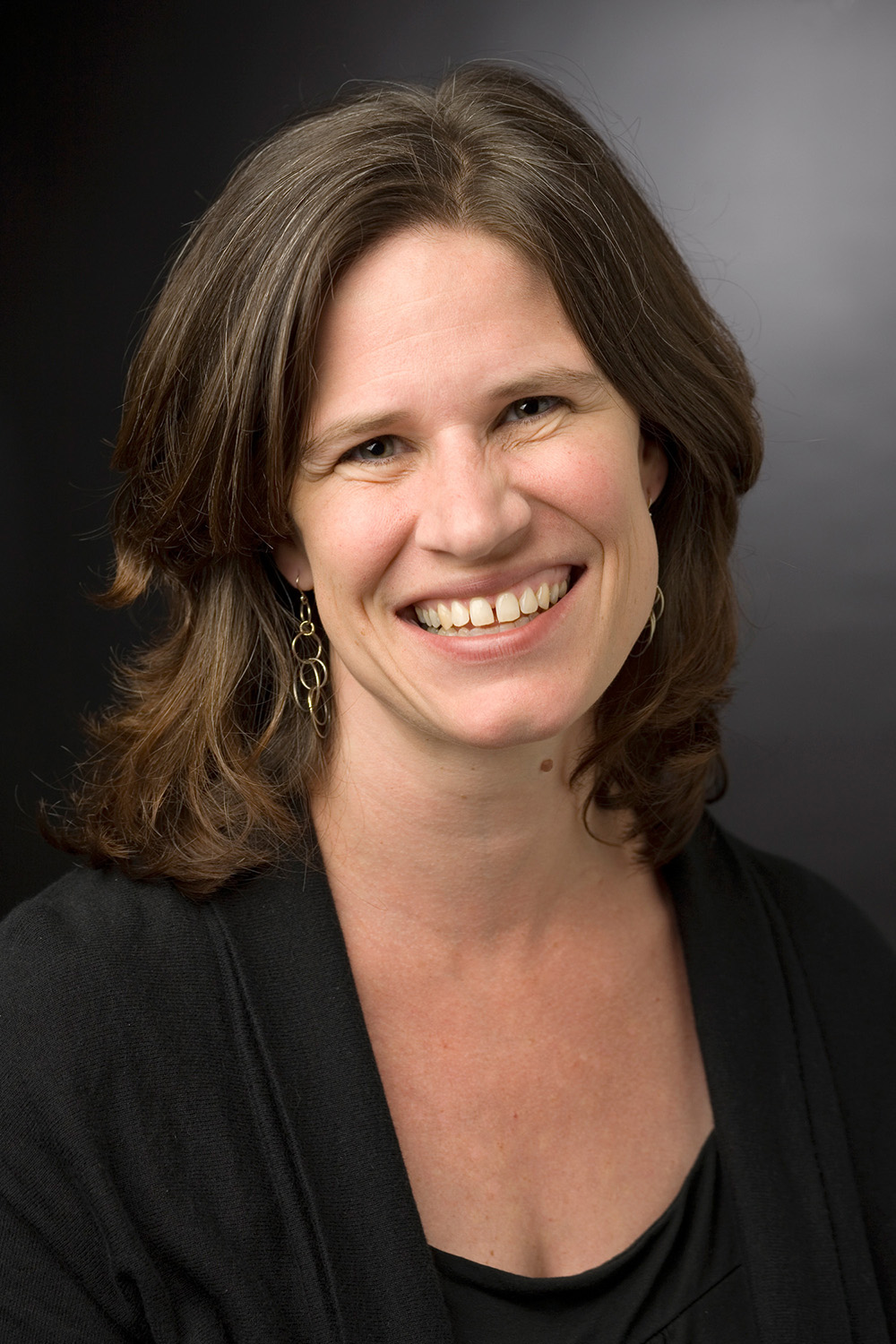Time with kids boosts parents' well-being – and strain on moms
By Susan Kelley

A new study from a Cornell sociologist shows that while parents enjoy the time they spend with their children, parenting carries more strain for mothers.
Parents experience greater happiness and meaning – with less sadness, stress and fatigue – when they do activities with children compared with time without kids.
But mothers were more stressed and fatigued and less happy while parenting than were fathers, according to the study.
That is likely, the researchers found, because moms spend more time with their kids while doing more onerous chores like basic childcare, cooking and cleaning, whereas dads spend more time with children in enjoyable, low-stress activities like play and leisure. Mothers also do more solo parenting, experience more sleep disruptions and have less leisure time, which are all associated with lower levels of well-being.
“It’s not that moms are so stressed out with their kids, but relative to fathers, they’re experiencing more strain,” said Kelly Musick, associate professor of policy analysis and management and co-author of the study, “How Parents Fare: Mothers’ and Fathers’ Subjective Well-Being in Time with Children,” which appeared Sept. 29 in the American Sociological Review.
Musick’s coauthors are Ann Meier and Sarah Flood, both of the University of Minnesota.
“Mothers are doing different things with their children than fathers are, things that we know aren’t as enjoyable,” Musick said. “Playing with their kids is a particularly enjoyable experience for parents. And dads are doing more play as a share of the total amount of time they spend with their kids.”
And much of the time that fathers spend with children is family time, when the mother is also present, Musick said, so, men don’t have sole responsibility for the children as often as mothers.
She pointed to a soccer analogy from late sociologist Suzanne Bianchi, who compared mothers to “sweepers” in soccer; they do what they must to defend the goal.
“They’re going to play when they have time to play, but they’re going to make sure they have everything else covered,” she said. “Dinner is made, the kids are bathed, laundry is folded. They do play with their kids, but when you take account of all the things they’re doing, it’s just a smaller share of their time.”
The researchers mined a new source of data and took a novel approach to get these results.
Analyzing time-use diaries from the American Time Use Surveys from 2010, 2012 and 2013, the researchers looked at reports from 12,000 parents about how they felt and what they were doing during three random periods during a 24-hour day. For each period, the parents rated how happy, sad, stressed and tired they felt and how meaningful they considered the activity they were doing. The researchers then compared how the parents felt doing activities with their children to how they felt doing the same kinds of activities without their kids.
Previous time-use studies have focused more narrowly on parents’ time in childcare, such as feeding, bathing, and other hands-on care of children. But this study looks at all time parents spend with their kids, giving a more nuanced view of how parenting is woven into mothers’ and fathers’ lives in varied activities throughout the day, Musick said.
“A lot of how parents feel about parenting is based on incidental moments with kids,” she said, “like hanging out on the couch or going grocery shopping. There’s a lot of parenting involved in those small moments.”
Musick hypothesizes that perhaps mothers do more of the onerous parenting work because the expectations are higher for them than for fathers. Differences in society’s parenting standards for moms and dads in turn make it difficult for mothers to demand less of themselves as parents.
“As a sociologist, I wish we, as a society, could let go of some of the assumptions and constraints we place on the mother and father roles. The mom and the dad are interacting within a societal framework that is out of their control to a great extent,” she said. “Couples can try work together to change how they parent, but that’s not really the solution. The solution is that we collectively rethink what we expect of fathers and what we expect of mothers.”
Media Contact
Get Cornell news delivered right to your inbox.
Subscribe